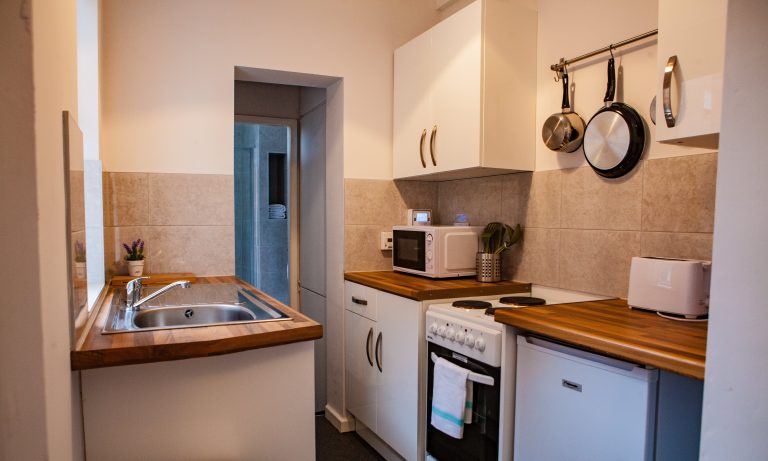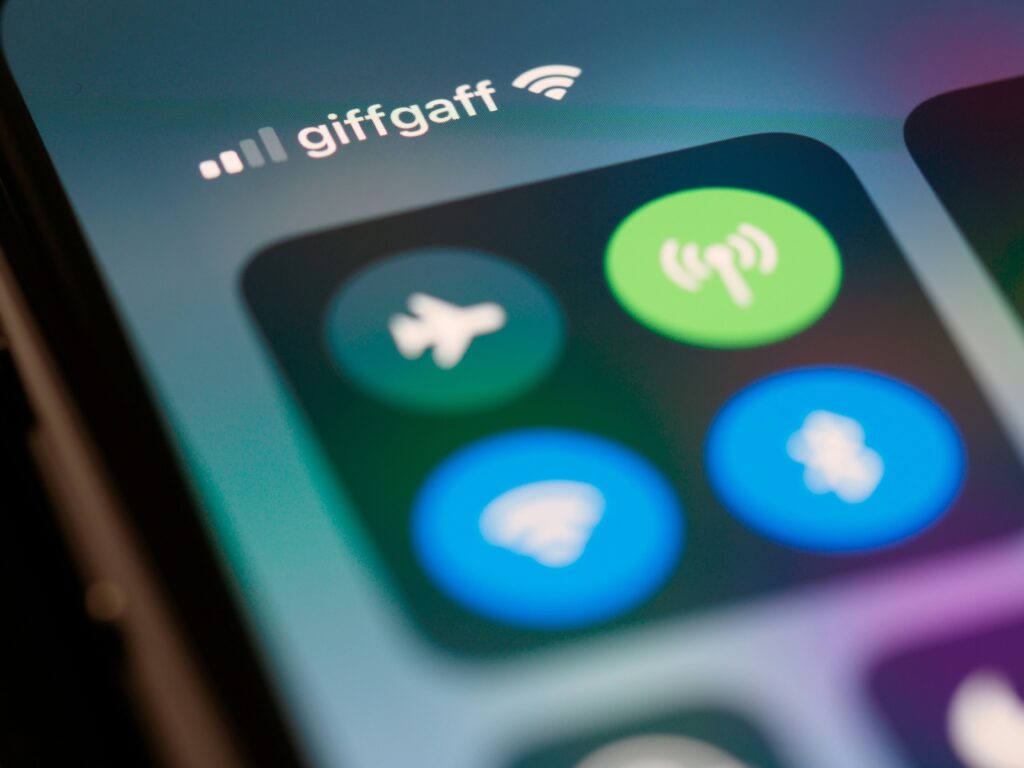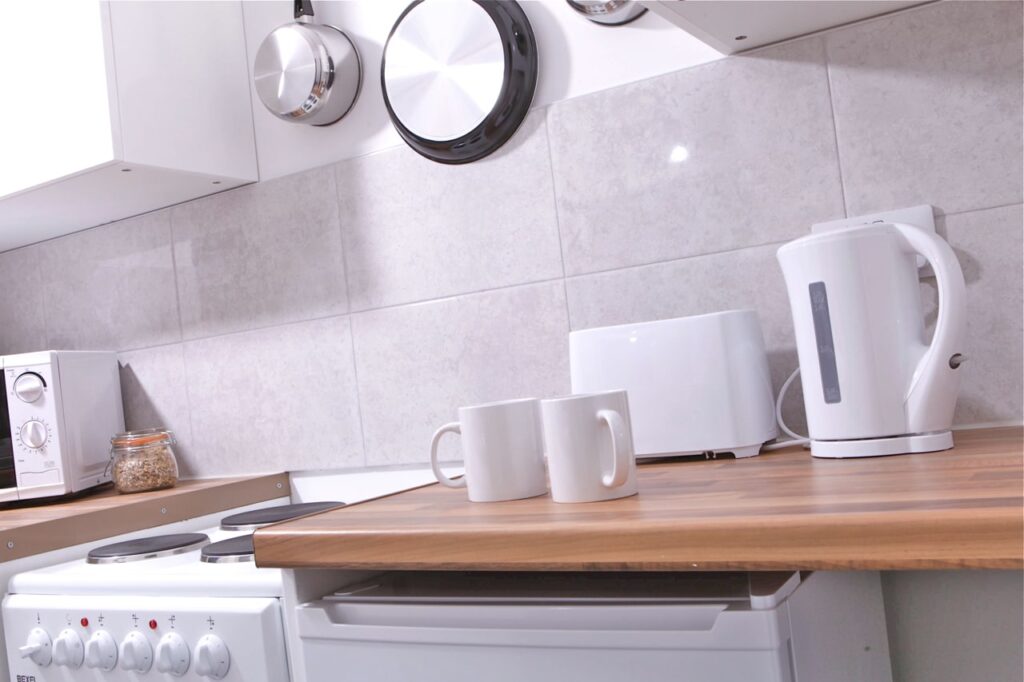In today’s digitally connected world, having a reliable and fast internet connection is essential for various online activities. However, not all internet speeds are created equal. Internet service providers offer different plans with varying speeds, which can sometimes be confusing for consumers. In this blog post, we will explore the difference between internet speeds of 2MB, 10MB, 25MB, and 50MB and discuss how these speeds impact common online activities.
Understanding Internet Speed
Internet speed refers to the rate at which data is transferred between your device and the internet. It is typically measured in megabits per second (Mbps). Higher speeds allow for faster downloads, smoother streaming, and overall better internet performance.
Exploring Different Internet Speeds
To illustrate the differences in internet speeds, let’s compare four common speed options: 2MB, 10MB, 25MB, and 50MB.
1. Reading Emails:
Reading emails requires minimal internet speed, and even a 2MB connection would be sufficient for this activity. However, higher speeds allow for quicker email downloads and attachment previews.
2. Watching YouTube Videos:
YouTube videos vary in quality, with higher resolutions demanding more bandwidth. A 2MB connection may lead to occasional buffering for high-resolution videos, while a 10MB connection offers smoother playback. With 25MB and 50MB speeds, YouTube videos should stream seamlessly in most resolutions.
3. Streaming Netflix:
Netflix recommends a minimum speed of 3Mbps for standard definition (SD) streaming and 5Mbps for high definition (HD) streaming. While a 2MB connection may allow SD streaming with occasional buffering, a 10MB connection can handle HD streaming more reliably. Both 25MB and 50MB speeds should provide smooth streaming experiences across various resolutions.
4. Playing Xbox:
Online gaming requires a stable and fast internet connection to minimize lag and provide a smooth gaming experience. A 2MB connection is not recommended for online gaming due to high latency and slow data transfer. A 10MB connection may result in occasional lag, while both 25MB and 50MB speeds should offer minimal to no lag during gameplay.
Conclusion
Internet speeds play a crucial role in determining the quality of our online experiences. While a 2MB connection can handle basic activities like reading emails, higher speeds such as 10MB, 25MB, and 50MB provide smoother performance for activities like streaming videos and online gaming. When choosing an internet plan, it is essential to consider your specific needs and the types of online activities you engage in regularly.
Remember, internet speeds can vary depending on factors like network congestion and the number of devices connected to your network. It’s always advisable to check with your internet service provider to understand the expected speeds and choose a plan that suits your requirements.
In conclusion, investing in higher internet speeds can greatly enhance your online experience, ensuring seamless streaming, gaming, and other bandwidth-intensive activities.







